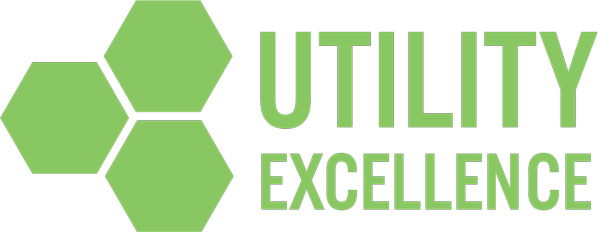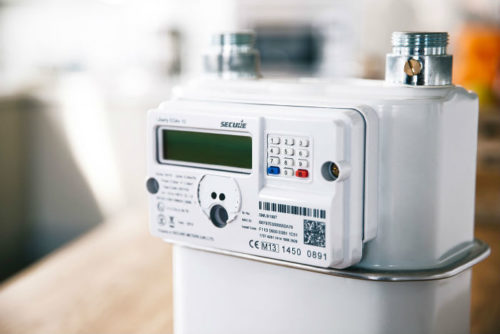The utility of the future will fail or succeed based on how much it collaborates with others and the strength of its partnerships. Sharing information collected from technologies such as smart meters with the community it operates in will be key.
This may all sound counter intuitive. Why make information available that others could potentially use against you? Why make information open so others can provide services and generate revenue that you could have?
The reason is simple. By making energy data available to others, the utility creates a degree of trust through transparency. It place itself at the heart of the journey to smart cities and generate non-regulated opportunities far beyond what it may lose by making the information available.
This is a bold step for operational and ICT executives. Imagine the respect of customers if the utility partnered with a third party who could independently confirm the customer was receiving an accurate bill, or that they were using the best product you offer. This level of transparency is a gateway to a trusted partner relationship.
What about exposing data to third parties who provide energy efficiency and conservation (EE&C) services to your customers? If that customer were keen to explore EE&C services, they would have done so with or without your help. This way, you are seen as part of the solution, not part of the problem. Imagine reducing the investments you have to make in your digital channels, such as web and smartphones, trying to satisfy the needs of all your customers. Instead, you deliver the essential services to all your customers and allow third parties to provide more specific services. Enabling third parties to play this role would reduce your costs while satisfying all your customer’s needs, and creates partnerships instead of competitors.
This creates the utility as the hub, where it becomes a vital data services provider within the community.
If we take a closer look, research shows 100’s of potential utility partnerships in the fields of rooftop solar, local battery storage, energy efficiency and conservation, home automation, and demand response, and this is just the tip of the iceberg. In addition to private enterprises, the outputs of others such as policy-makers and academics would also improve once they have access to energy data.
There is a need to answer the need of access to the energy data that is about the customer. Benchmark utilities do all they can to facilitate this.

